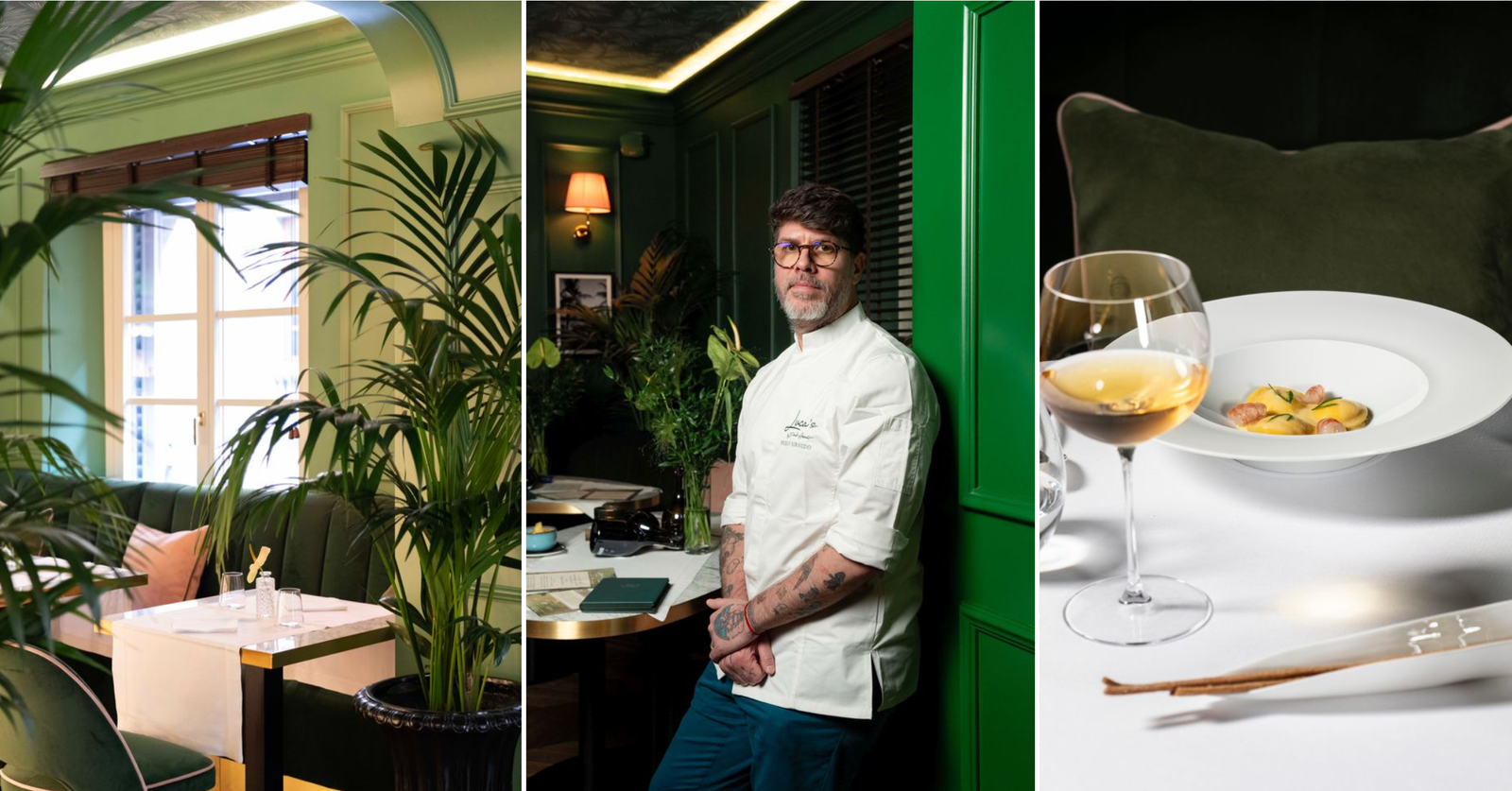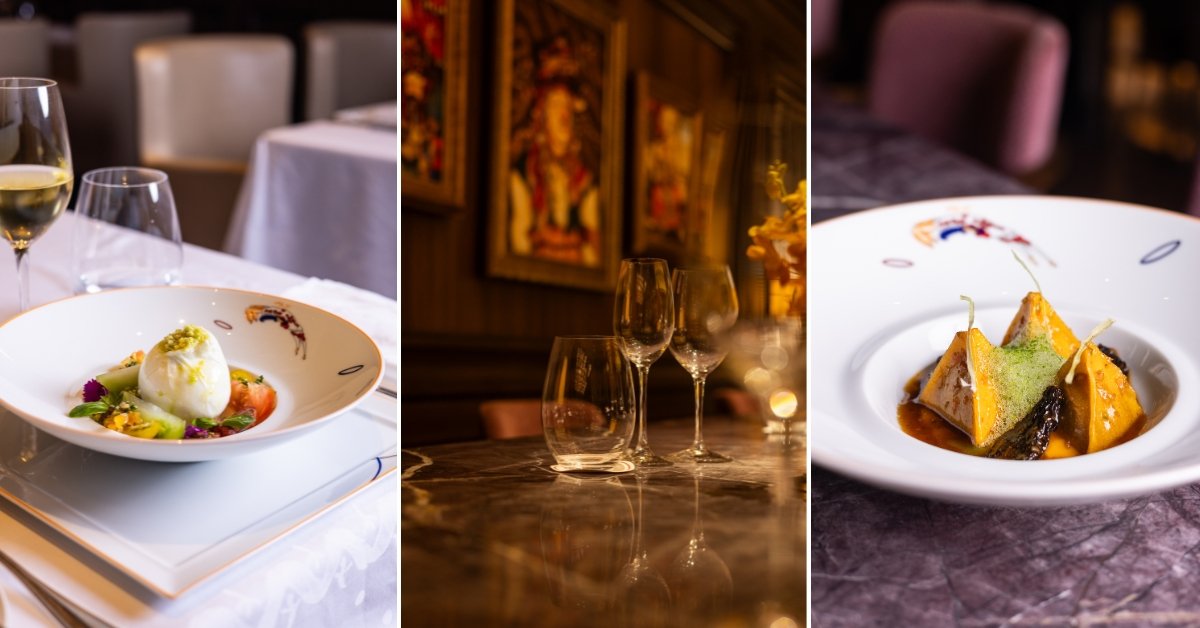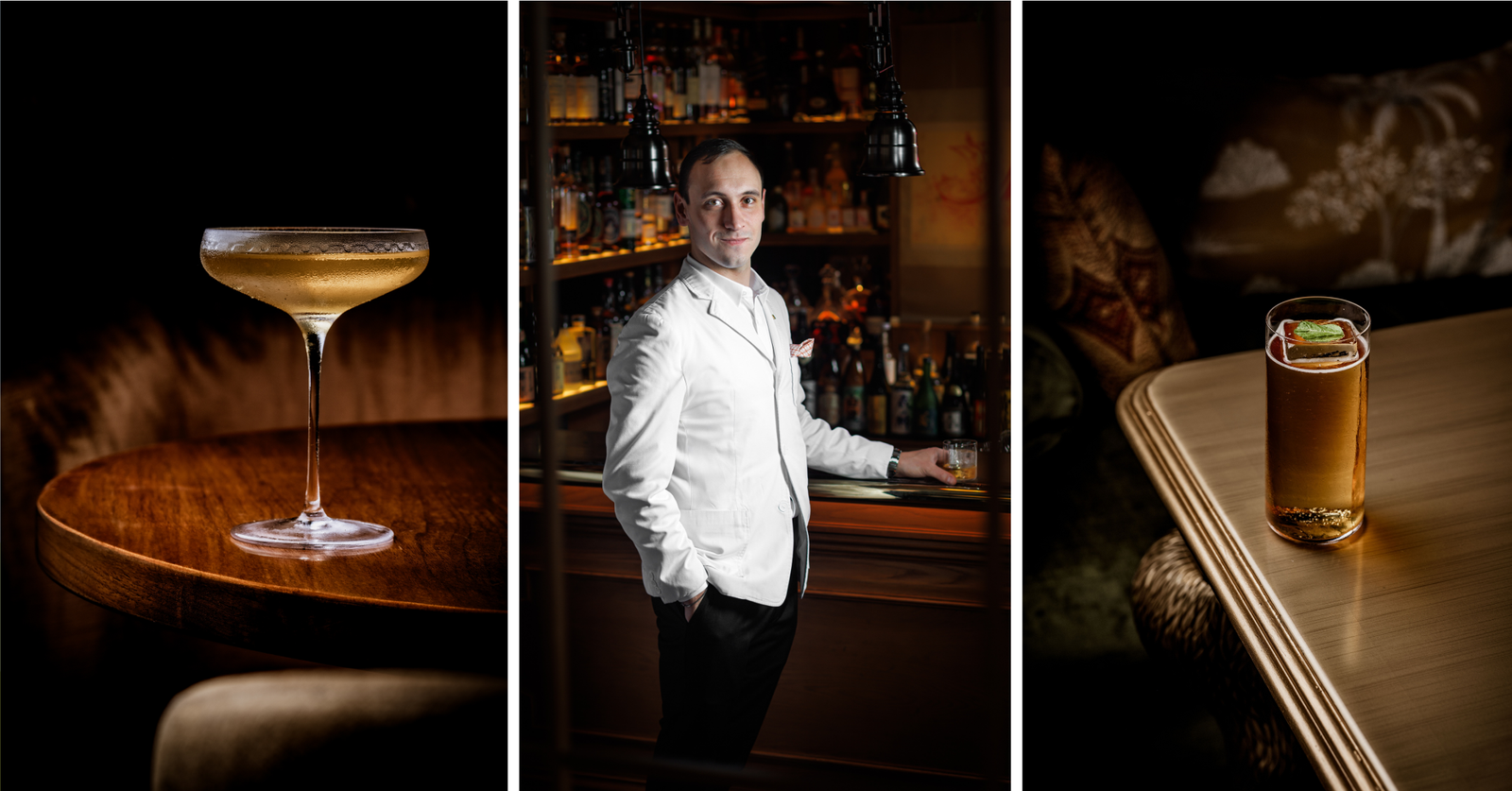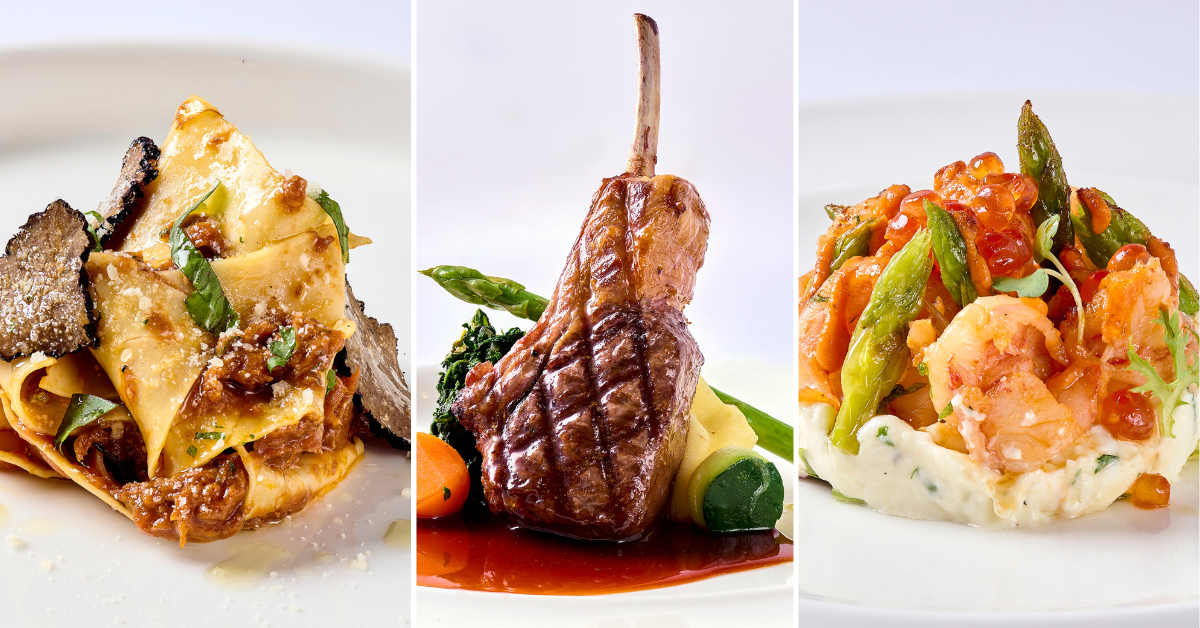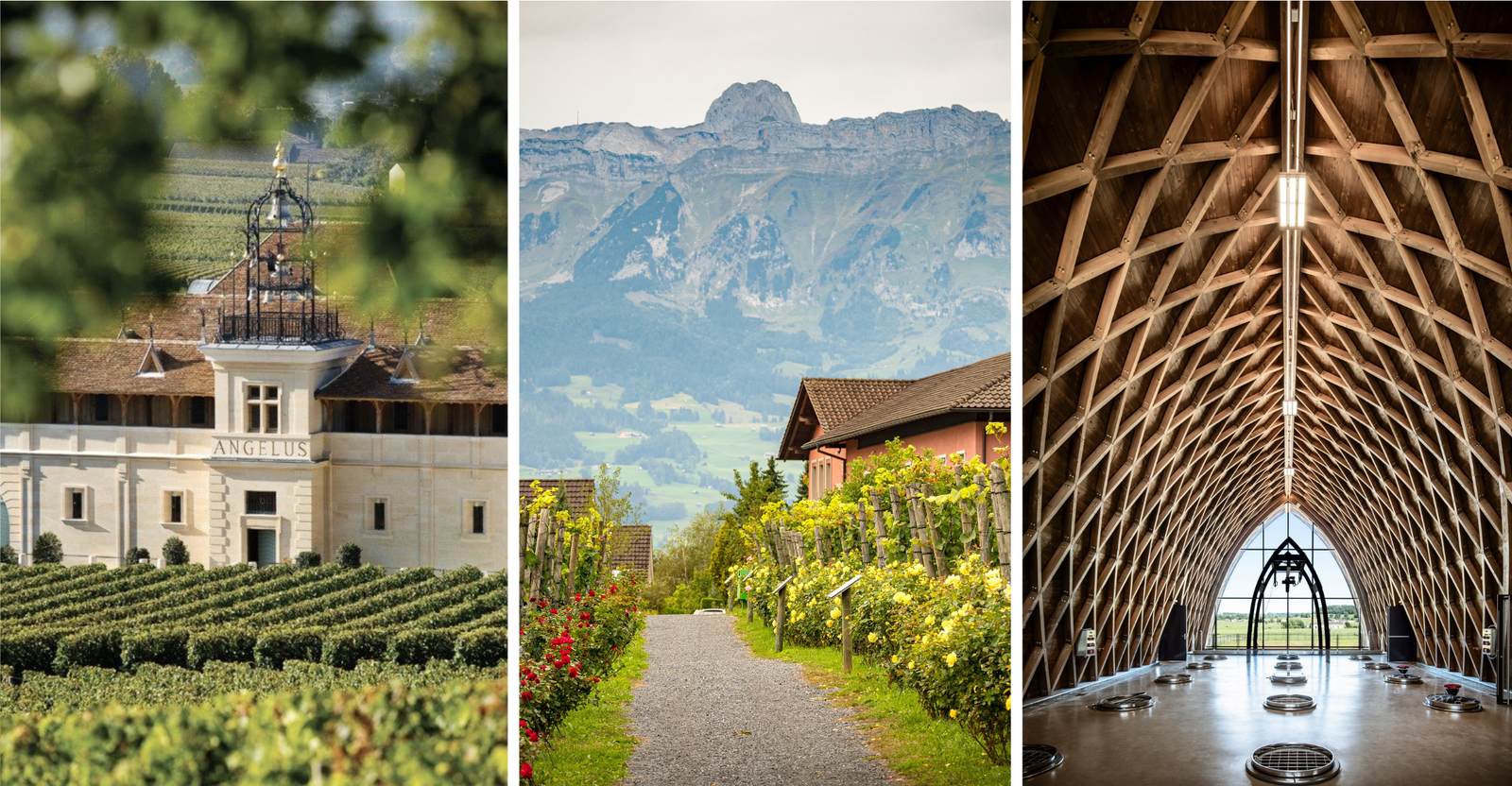When chef Paulo Airaudo accepted the role of overseeing Luca’s restaurant at Hotel La Gemma Firenze, he was not simply taking on another project. He was returning to Tuscany, a region where he spent five formative years after moving to Europe, with a vision that would vindicate his approach to hotel dining. On November 19, 2025, that vision earned recognition: Luca’s received its first Michelin star.
For Airaudo, a chef with two Michelin stars at Amelia in San Sebastián and additional stars at Aleia in Barcelona and Bar Ibai, the achievement marks a successful expansion of his model into hotel dining. Since La Gemma Firenze opened in April 2023, Luca’s has proven that his approach, overseeing rather than cooking every service, can deliver Michelin-level standards.
The announcement validates what Airaudo has been building: a model that proves hotel restaurants can stand as culinary destinations in their own right, not merely as amenities for guests passing through.
La Gemma Firenze is owned by the Cecchi family, and the restaurant carries the name Luca in honor of the family’s late father. For Airaudo, this human element mattered deeply. “I found something inspiring in the idea of building a restaurant that reflects that sense of legacy while also bringing my own vision to the table,” he said.
His five years in Tuscany shaped both his culinary philosophy and his understanding of hospitality. Florence, with its layered history and exacting local palate, presented the ideal setting for what he describes as creating “something with soul in a city as special as Florence.”
For a chef overseeing rather than cooking every service, the Michelin star raises an obvious question: how do you maintain that level when you’re not physically present? “I am very involved in the concept, the menu development, and the training of the team,” he said. “I am not present in every service, but I am fully present in the structure that allows each service to run smoothly. My role is to set the direction and ensure that every detail reflects the values behind Luca’s.”
This approach demands more than simply documenting recipes. It requires transmitting the reasoning behind each technique, each pairing, each element on the plate. “Consistency comes from a trained and aligned team. We work with precise processes and a culture where everyone understands the ‘why’ behind each detail. That understanding is what keeps the level high even when I am not physically present.”
He’s adamant that Michelin-level standards don’t depend on his constant presence, but on building what he described as a “shared dialogue” in the kitchen. “My aim is for the team to feel that Luca’s is also theirs. I bring my vision, my techniques, and my way of working, but I leave space for them to express their own sensibilities. The kitchen grows when it becomes a shared dialogue.”
The challenge of hotel restaurants lies in serving two distinct clientele simultaneously. Luca’s must satisfy discerning local diners while also welcoming jet-lagged hotel guests seeking comfort after long travel days. On this balance, Airaudo explained that he conceived the restaurant for both types of guests: “Guests should feel they are discovering a special restaurant in Florence, and locals should feel they can return and still find something exciting. That coexistence is the essence of Luca’s.”
The menu provides what he calls “different rhythms within one coherent culinary identity”—lighter, comforting dishes alongside more elaborate compositions, all connected by consistent attention to technique, product selection, and balance.
Hotel restaurants face a fundamental challenge that standalone establishments don’t: many diners are one-time visitors who may never return. “You must deliver the full experience every single time,” Airaudo said. “Regularity cannot depend on repeat guests. It depends on precise processes and a team that understands that each service is an opportunity to excel.”
The hotel structure creates unique demands. “A hotel restaurant demands broader coordination,” Airaudo noted. “You must consider hotel guests, local diners, and the operational rhythm of the hotel itself. At the same time, it offers a unique opportunity to create dining experiences that become part of a larger journey.”
When asked whether the hotel environment makes maintaining Michelin standards easier or harder, his response captured the complexity: “It can be both. The hotel provides stability and resources, but it also requires maintaining a clear identity within a larger ecosystem. When the vision is shared between the hotel and the restaurant, everything aligns naturally.”
With the Michelin star confirming the concept’s success, Airaudo sees potential for expansion. “Yes,” he said when asked about replication. “Hotels have enormous potential for high gastronomy when treated as independent projects within a wider structure. Luca’s may be the first step. The same model could work in different destinations.”
When he visits Florence to check on the restaurant, Airaudo looks beyond obvious metrics. “I look at the atmosphere, the team’s energy, the flow of the service, and the guests’ reactions. Then I taste dishes, check cooking points, temperatures, and sauces. But above all, I look for soul and coherence in the experience.”
That emphasis on “soul,” a word he used multiple times, suggests his vision extends beyond operational excellence into something harder to quantify.
Airaudo’s prediction speaks to shifting expectations in luxury travel. “I believe they will play an increasingly important role,” he said of hotel restaurants in the culinary landscape. “Travelers seek authenticity, and hotels can offer dining experiences with a strong identity. Hotel restaurants will no longer be ‘the hotel restaurant,’ but destinations in their own right.”
Luca’s by Paulo Airaudo proves that vision in practice. The Michelin star is only part of the story; the restaurant’s real achievement lies in a team working with precision, a menu that engages both locals and travelers, and an experience that extends beyond the walls of the hotel. In Florence, it shows how ambition, care, and structure can transform a hotel restaurant into something recognized not for where it is, but for what it delivers.
——
Luca’s by Paulo Airaudo is located on the first floor at La Gemma Firenze.
Address: Via dei Cavalieri 2c, Florence
More information is available here.
——
Images courtesy of Luca’s by Paulo Airaudo Instagram

